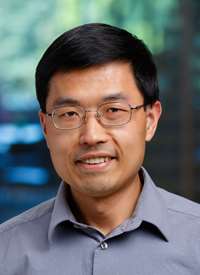MCW Cardiovascular Research Center Faculty & Labs
Faculty and labs included on this page are currently housed in the Cardiovascular Research Center.
CVRC Members
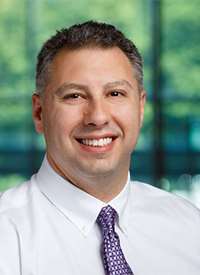
Michael E. Widlansky, MD, MPH
Northwestern Mutual Professor of Cardiovascular Medicine, Department of Medicine and Pharmacology; Director of the Cardiovascular Research Center
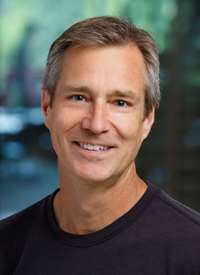
John A. Auchampach, PhD
Professor
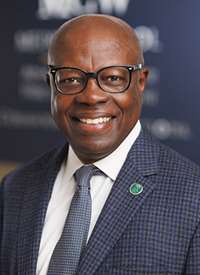
Ivor Benjamin, MD, FAHA, FACC
Professor, Medicine, Physiology, Pharmacology and Toxicology, Cell Biology, Neurobiology and Anatomy, and Surgery; Program Director, CVRC T32 Training Program
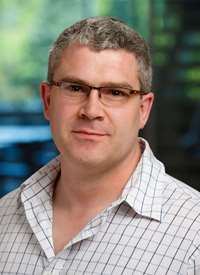
Andreas Beyer, PhD
Professor
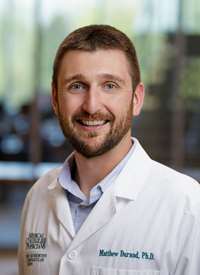
Matt Durand, PhD
Associate Professor; Vice Chair of Research; Secondary Faculty Appointment in Physiology
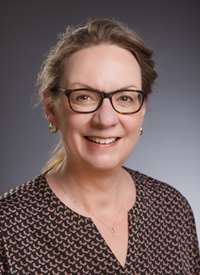
Carol Everson, PhD
Professor
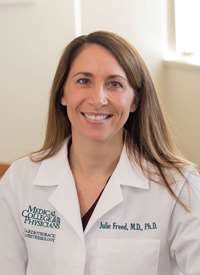
Julie Freed, MD, PhD
Associate Professor; Executive Vice Chair; Director of Clinical Research
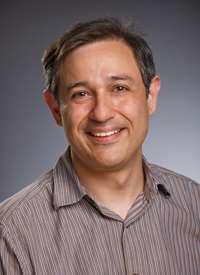
Benjamin Gantner, PhD
Assistant Professor
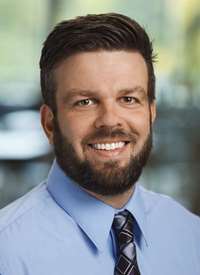
Aron Geurts, PhD
John E. and Genevieve M. Butenhoff Cardiovascular Research Professorship
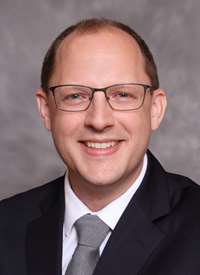
Justin L. Grobe, PhD, FAHA, FAPS
Professor, Physiology & Biomedical Engineering; Butenhoff Family Professor of Cardiovascular Research; Director, Comprehensive Rodent Metabolic Phenotyping Core
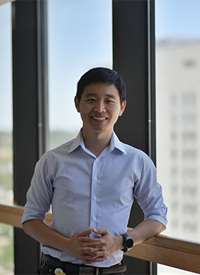
Brian L. Lin, PhD
Assistant Professor
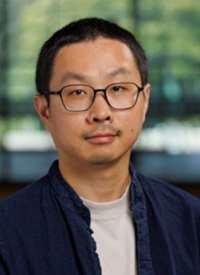
Chun Liu, PhD
Assistant Professor

Jennifer Jury Mcintosh, MS, DO
Associate Professor
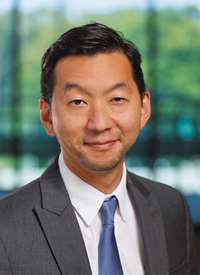
Pablo Nakagawa, PhD
Assistant Professor
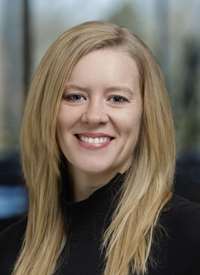
Caitlin O'Meara, PhD
Associate Professor
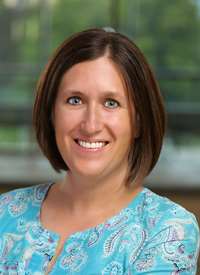
Michaela Patterson, PhD
Associate Professor
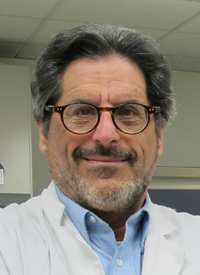
Hershel Raff, PhD, FAAAS, FAPS
Professor, Medicine, Physiology and Surgery

Kevin R. Regner, MD, MS, FASN
Interim Chair, Professor of Medicine

Daisy Sahoo, PhD
Dean, School of Graduate Studies; WIS Founders Circle Endowed Professorship; Secondary Faculty in Biochemistry and Pharmacology and Toxicology

Curt D. Sigmund, PhD
James J. Smith & Catherine Welsch Smith Professor of Physiology; Chair of Physiology; Associate Director, Cardiovascular Research Center
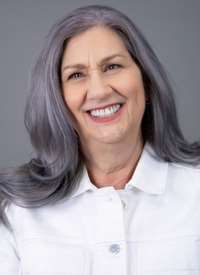
Mary G. Sorci-Thomas, PhD
Professor; Associate Director of Education & Training, Cardiovascular Research Center; Program Director, CVRC T32 Training Program
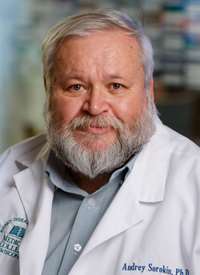
Andrey Sorokin, PhD
Professor, Medicine (Nephrology) and Microbiology & Immunology
